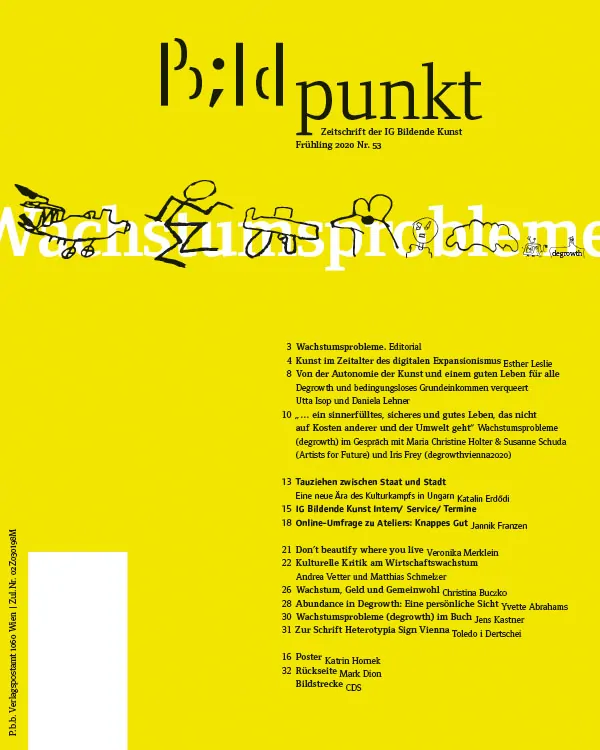Kiribati is one of the countries which are at risk of disappearing from the map due to the rising of the sea level. Ioane Teitiota, a resident of this Pacific island, sought refuge in New Zealand. He claimed that his and his family’s life are in danger. During the hearings he presented evidence to the committee proving that the island where he used to live is unsuitable for living by now. He supplied data of the extreme increase of population from 1,641 residents in 1947 to 50,000 in 2010. Teitiota also described freshwater shortages since the existing sources are being polluted by the seawater. This causes many health problems and makes it difficult to grow crops. A New Zealand court rejected Teitiota’s request, and the UN Human Rights Commission decision did not reverse the decision. Today, the UN Refugee Convention does not recognize the existence of climate refugees, and states do not have to provide refuge to those who have to leave their country because of extreme weather conditions. However, the decision of the UN Commission on Human Rights in the case of Ioane Teitiota can change this situation. Although the Commission’s decision is not legally binding for any state, it points to legal commitment under international law: “The Committee further recalls that the obligation of State parties to respect and ensure the right to life extends to reasonably foreseeable threats and lifethreatening situations that can result in loss of life.” Pacific Island states will be the case study for climate refugees. This case is significant because the Commission recognizes that without firm action against climate change, at some point the international law would prohibit governments from deporting climate refugees. Moreover, its clear message: States should not be underwater before the obligation to protect human rights established. [1]
Sheri Avraham ist Vorsitzende der IG Bildende Kunst

